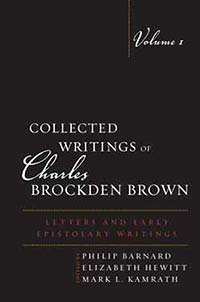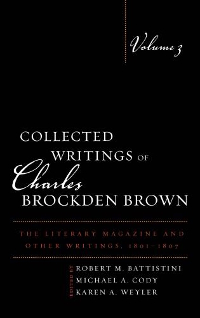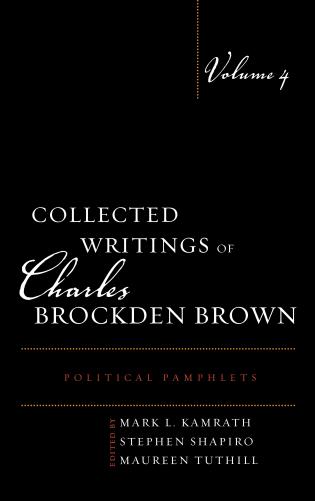Volume 5: Historical Sketches and Fragments
Edited by Philip Barnard, Yvette Piggush, and Ed White
"The crime of heresy was very vaguely defended by the laws. Any deviation from the prevailing faith and practice, in the Island, was stigmatized as such, and the judges of the Convicata (so this tribunal was afterwards called) were allowed to interpret these laws, according to their own judgment. The punishment in all cases was capital, and the sums of their proceeding, and the rules of evidence were left to their own discretion.
A tribunal of so tremendous a nature, so secret and absolute in its proceedings, bounded, in its jurisdiction, by such vague and indefinite limits, and wholly independent of the civil power, could owe its existence only to the ignorance, inexperience and supineness of the prince and his barons. The outrages of Hecta, had produced the belief that the most swift and energetic measures were absolutely necessary to guard against their recurrence, and as the Laics were sincerely attached to their own faith, they thought too much could not be done to preserve its purity inviolate. They were not aware of the abuses to which such an institution was liable, and how far the powers, entrusted to the judges, might be perverted to the gratification of their own resentments, the views of sanguinary faction, or the separate interest of the clergy. . . .
One is struck with astonishment at beholding so omniscient a scrutiny, so elaborate a system, constructed and directed to no other end than to detect and punish imaginary crimes, opinions relative to points trifling and ridiculous, or absurd and contradictory. What efficacy would a system like this possess, if directed against the genuine crimes by which human society is afflicted, if this potent engine had been turned against the innumerable curses of fraud and violence? How could they have hoped to escape detection and vengeance? Place a king at the head of such a tribunal, and make this implicated agency subservient to maintenance of public order, and of royal authority, what despotism can be imagined more absolute and irresistible."
from the Historical Sketches
- "Sketches of a History of the Carrils and Ormes" (N.p., n.d.)
[fictitious history of medieval political systems and police states variously published in Allen's The Life of Charles Brockden Brown: A Facsimile Literary Magazine, and American Register]
- Barnard writes: "The fragments that make up the Sketches are as follows: (1) Allen/Dunlap (vol. 1), 170-222 (same pagination), Dunlap 223-58; (20 Allen, 242-62; (3) Allen/Dunlap 262-99; (4) Allen/Dunlap, 299-322; (5) Allen/Dunlap, 322-58; (6) Dunlap, 359-96; (7) "A Speciment of Agricultural Improvement" (LM 3, 1805: 86-93; (8) "A Speciment of Political Improvement" (LM 3, 1805: 120-128, 201-05, 214-15); and (9) "Romance of Real Life" (LM 4, 1805: 392-96). One other Literary Magazine piece should be regarded as part of the ensemble as well: "The Ivizan Cottage" (LM 4, 1805: 429-32)."







